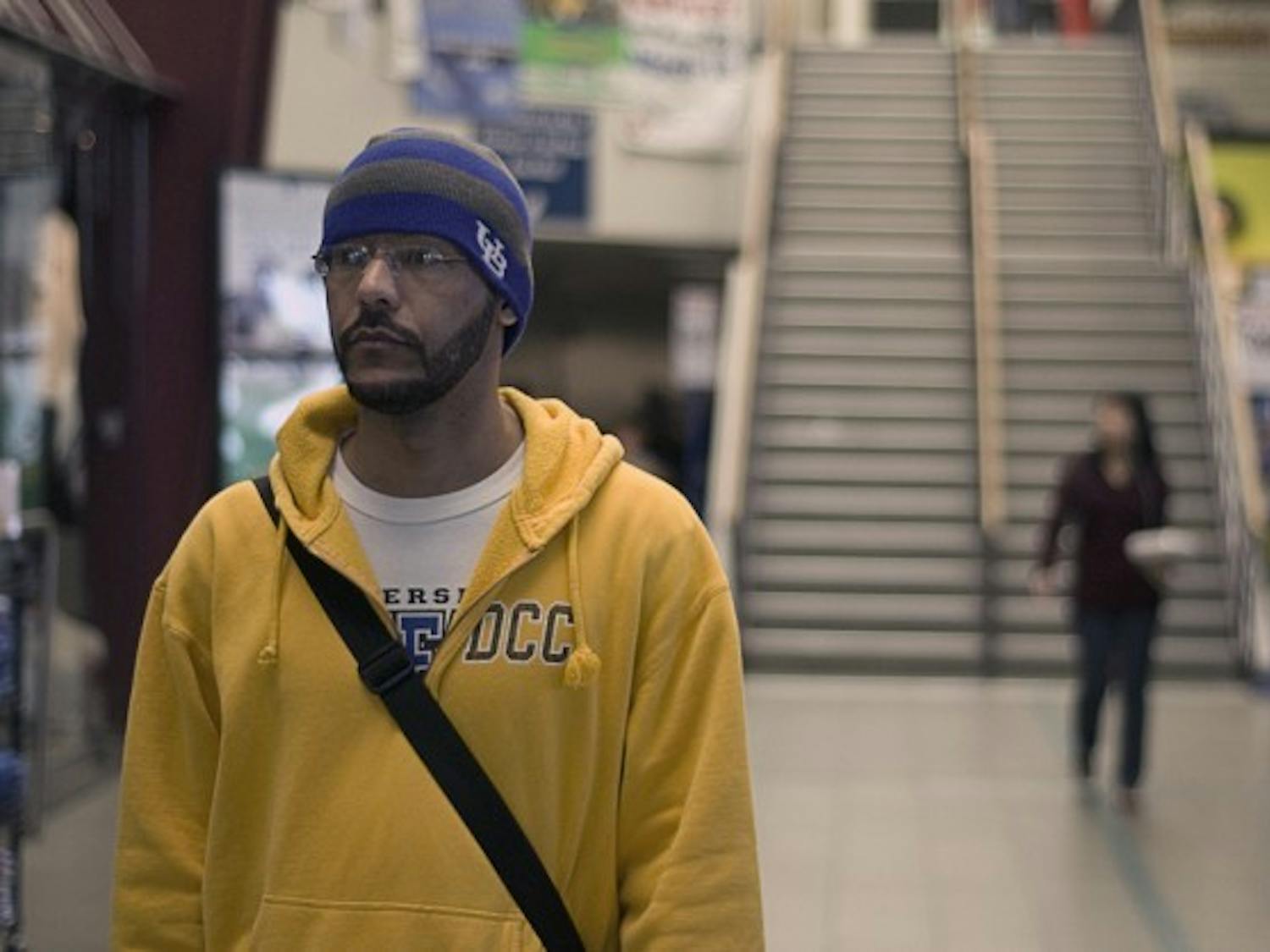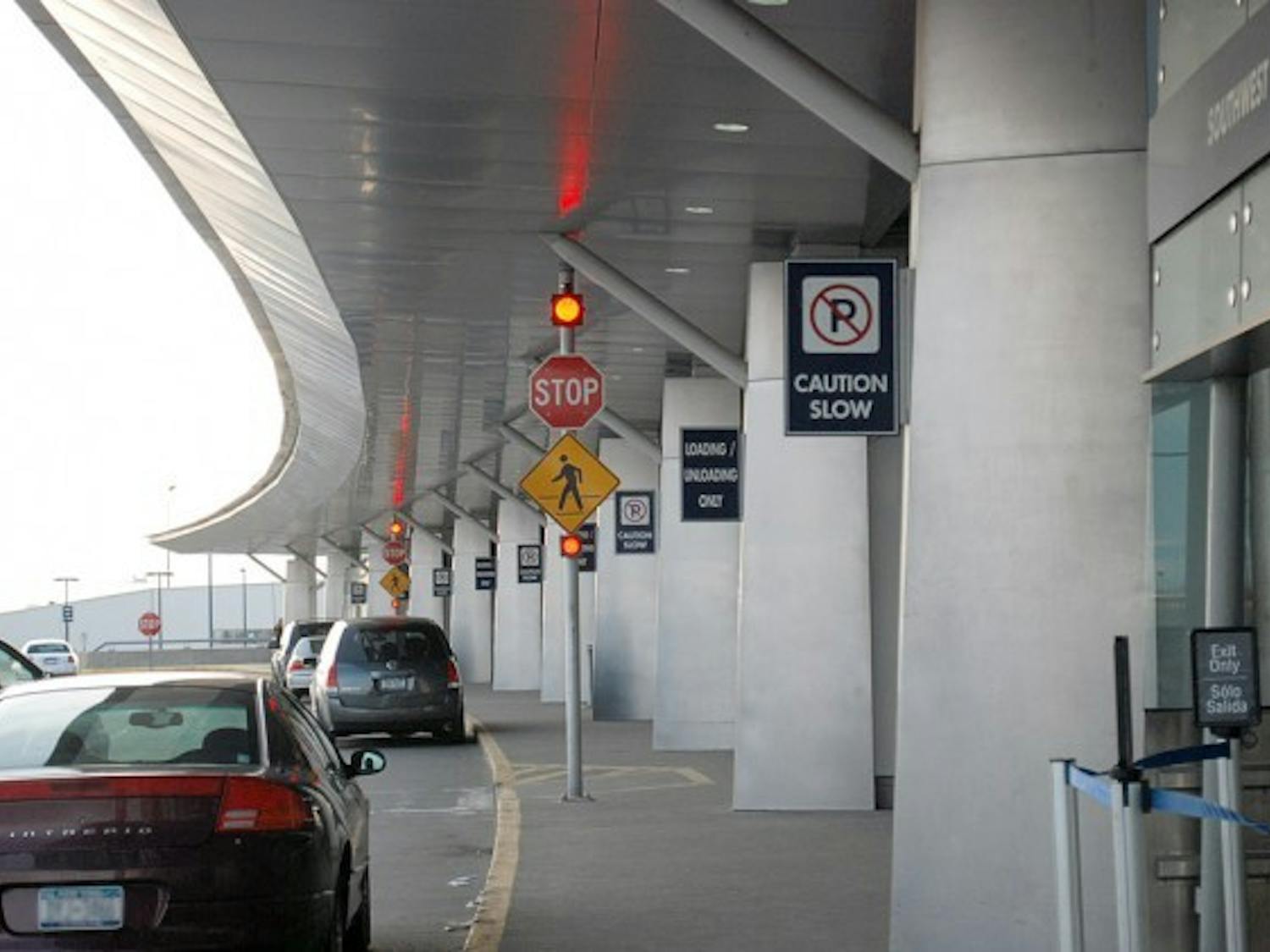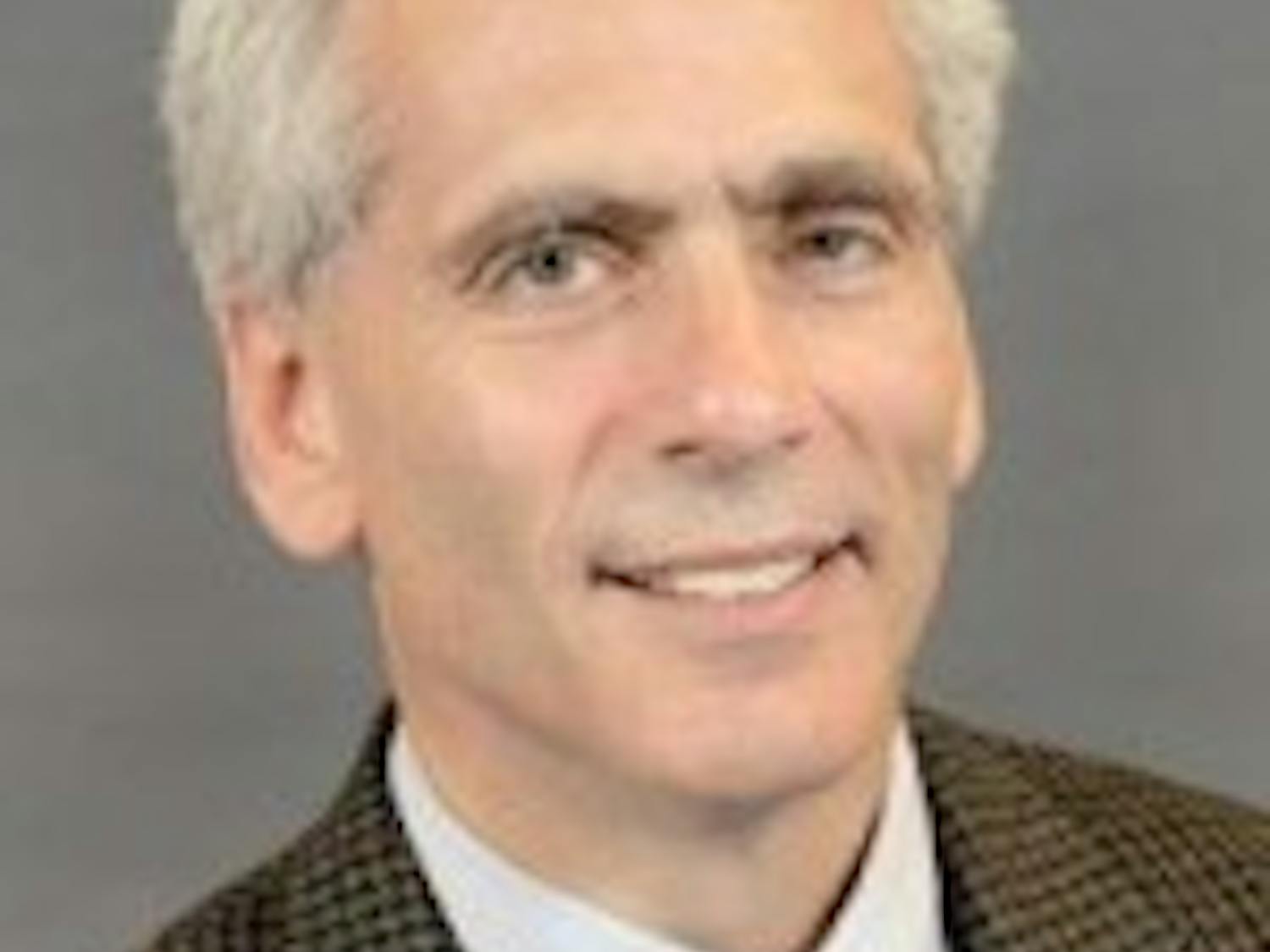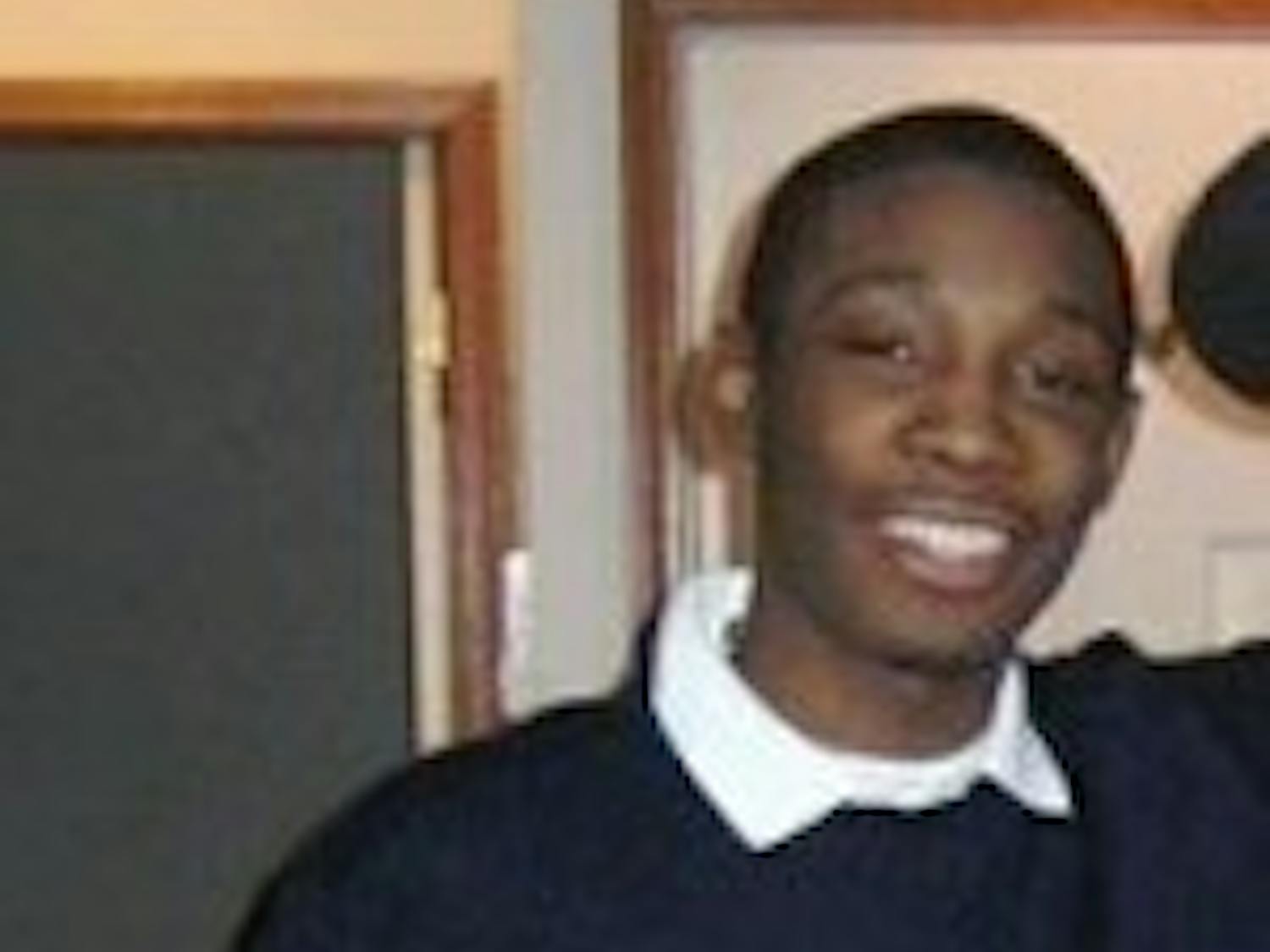OPINION
By JENNIFER GOOD
|
Apr. 1, 2010
I can smile at the old days. Really, I can. They weren't always so perfect, nor are they all clear in my head anymore, but looking at where I am in life today, I think I came out okay.
I was restricted from a lot of simple things growing up, causing my mother and I to butt heads often. She liked to control, and control she did. I had a better chance at winning the lottery than getting the O.K. for a sleepover, and trying to sneak sugar into my diet was harder than getting a bomb past White House security. Think I'm exaggerating? Have you ever had your mother show up at lunchtime in sixth grade to catch and yell at you in front of your entire class for buying ice cream instead of milk? I have.
Still, though, for the most part I was happy.
I danced, played soccer, climbed trees … I was pretty average, I guess. Every Tuesday my mom would go to golf league and my big sister and I would have adventures with good old dad. On Thursdays, it was dad's golf night and the girls would go out to dinner together. Every other weeknight, my sister and I had our extracurricular activities. Cute little suburban family, right? Well, let's just say sometimes there's more than meets the eye.
I was blessed and while I wasn't spoiled, for the most part I always had what I needed materialistically and there was always (healthy) food in my refrigerator. Bud Light was also always in my refrigerator.
As I got older, my dad started to go out most weeknights and my mother, who had her own in-home graphic designing business, began spending more and more time locked in her office and shutting out her former best friends. It never really fazed me, though. I didn't know any differently and deemed it totally normal.
By high school, this pattern had become set in stone and my parents never spoke, only yelled. My mom's controlling only got worse, as did our fighting. I never understood it and my sister avoided it altogether, leaving me feeling much less than unconditionally loved. It caused some traumatizing situations that I still, to this day, cannot forgive my mother for.
It wasn't until my freshman year of college, during a phone call with my sister, that my eyes were opened. My mom and I weren't speaking due to another unreasonable explosion that I didn't understand the reason for, and while venting, my sister stopped me and blurted out words I'll never forget.
"You know mom's an alcoholic, right?" she said.
It caught me off guard, but it was like a light bulb. How could I have not realized this? Of course she was. And suddenly a weight was lifted from me. I no longer thought so many things were my fault.
Since then, I can't say things have really gotten better with my mother's disease. This past summer she was diagnosed with cancer, which also caused her some sort of mental disorder that she refuses to acknowledge. She's meaner and crazier than ever, randomly calling the police on her own family with made-up scenarios, causing scenes in public and self-destroying to disturbing levels.
An addict cannot recover until he or she is ready. My mother is not ready and I'm afraid she won't be around long enough to get to that point.
It's horrifying to have to stop loving your mother, but it is simply unhealthy to have anyone like her in my life. I'm trying to start my life and she's only holding me back. She has blatantly chosen alcohol over being in my family's life. She will not see me graduate, she will not be at my wedding and she will not meet her grandchildren. That is her choice.
It stings me to hear my friends talk about all the adoring things their mothers do for and with them. I tear up watching the loving bonds they have, knowing that I have never and will never have that with my own mother. I guess you could call it jealousy, but I do try and see the good in my situation.
I'm learning so many things from it that I think most people will, sadly, never understand. I have grown an emotional strength that I feel not many people can possess without going through situations similar to mine.
Sympathy is the last thing I want. I want people to relate and realize these things are not the end of the world. As I always say, every single one of us has his or her issue. It's so very important to consider that every day whenever you start to judge someone else.
E-mail: jennifer.good@ubspectrum.com










